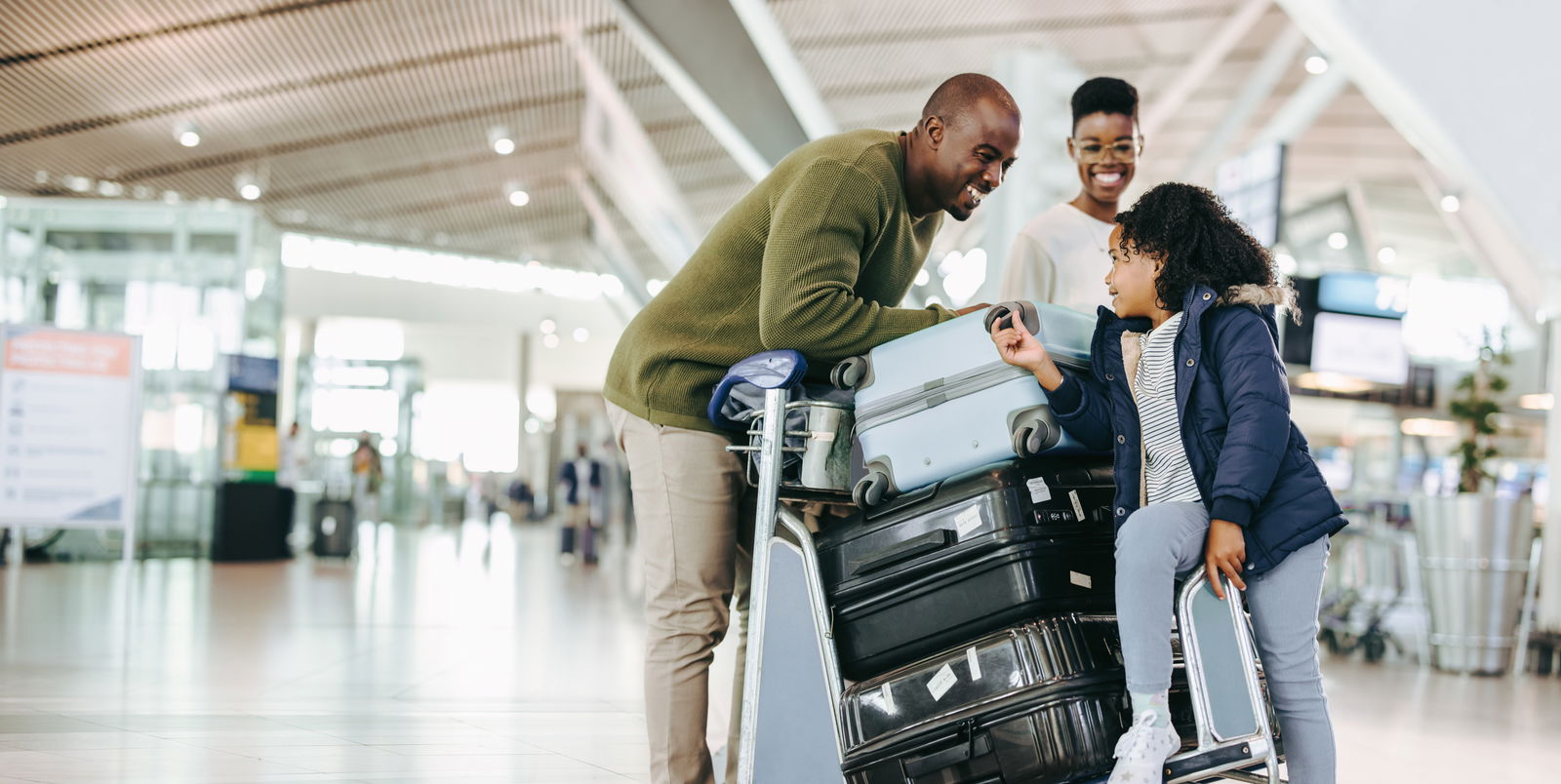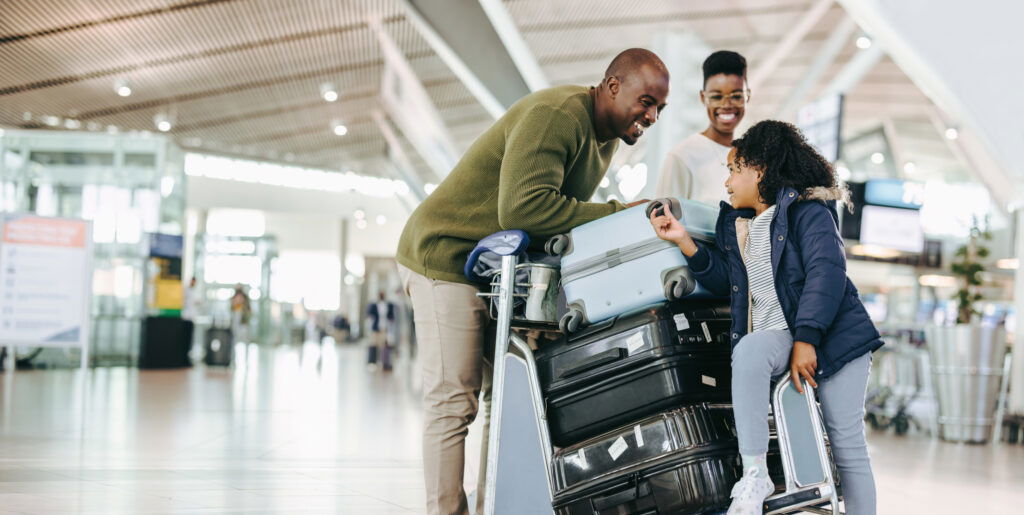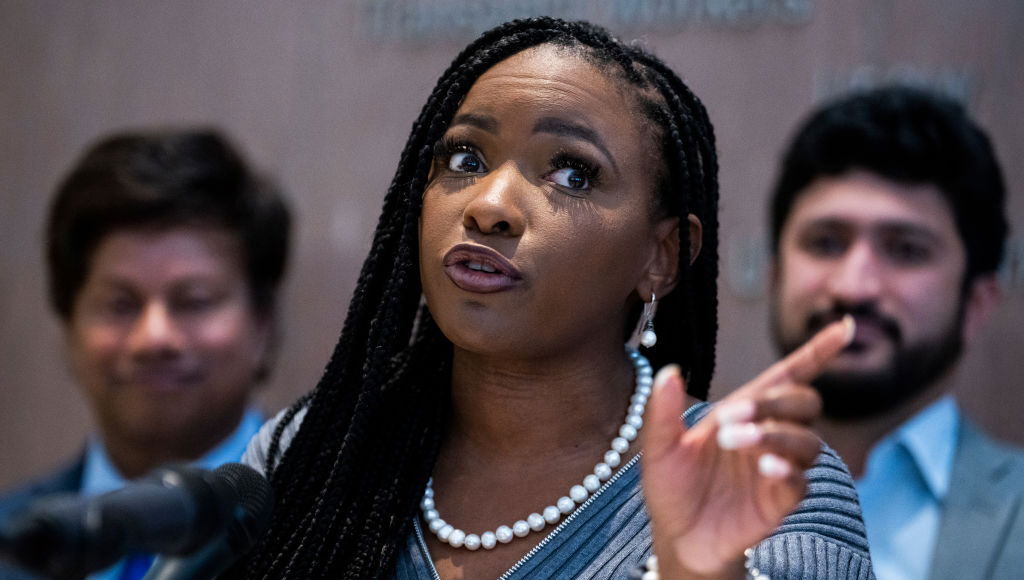
November 27, 2025
With Thanksgiving crowds building, airlines report minimal cancellations so far — but experts warn delays will likely increase throughout the day.
The Thanksgiving travel surge is officially underway, with millions of Americans already moving across the country by air and road ahead of the holiday. AAA estimates that nearly 82 million people will travel domestically this week, one of the busiest holiday periods in recent years.
Approximately 73 million people are expected to drive this Thanksgiving holiday, according to AAA projections. This marks an increase of about 1.3 million drivers compared to last year.
As reported by USA Today, airports saw steady early-morning crowds on Nov. 25, but flight operations remained relatively stable as of 9 a.m. ET, only 35 flights nationwide had been canceled, according to FlightAware data, while close to 800 flights were experiencing delays. Those numbers are expected to rise as airports hit peak hours, but the overall cancellation rate has stayed low through the weekend.
Travelers are catching a break after a month of uncertainty. Earlier in November, the Federal Aviation Administration lifted an emergency order that required airlines to scale back schedules during the government shutdown. The change allowed carriers to resume full service, reducing the risk of widespread operational disruptions.
Still, normal travel pitfalls remain possible. Weather issues, mechanical problems, and tight turnaround times can all trigger delays, particularly during holiday rushes. Transportation officials say that even with the FAA order lifted, passengers should expect the unexpected.
The Department of Transportation is reminding travelers of their rights as holiday traffic intensifies. According to federal rules, passengers are entitled to a full refund—regardless of ticket type—if their flight is canceled and they choose not to travel. That applies whether the cancellation stems from technical issues, staffing challenges, or weather.
For those who choose to continue with their trip, rebooking must be offered without additional fees. And when an airline is responsible for the cancellation—for instance, in cases of crew shortages or mechanical failures—passengers may qualify for additional accommodations, such as meal vouchers or overnight hotel stays.
However, compensation is not guaranteed in every scenario. Issues beyond an airline’s control, such as bad weather, do not require carriers to provide extras beyond rebooking.
Even with potential delays, the outlook for Thanksgiving air travel appears more stable than in some recent years marked by storms and staffing shortages. With millions heading to family gatherings or holiday destinations, transportation officials are urging travelers to arrive early, stay informed, and plan for crowds.
As airports fill and highways clog, the holiday season is once again proving to be one of the busiest travel periods in the United States.
RELATED CONTENT: Howard University Students Navigate Traveling For The Holidays After The Government Shutdown





